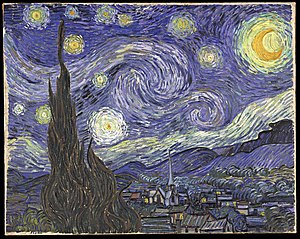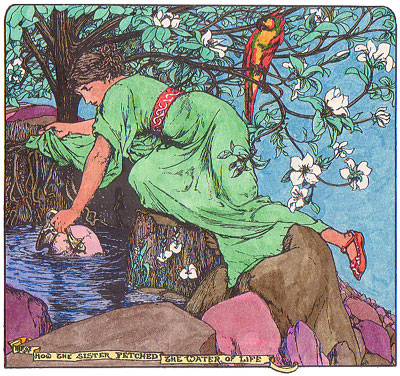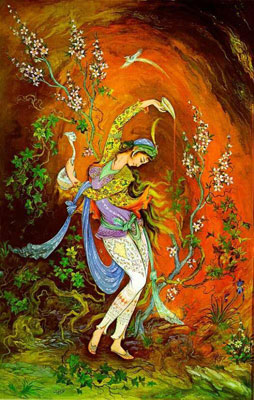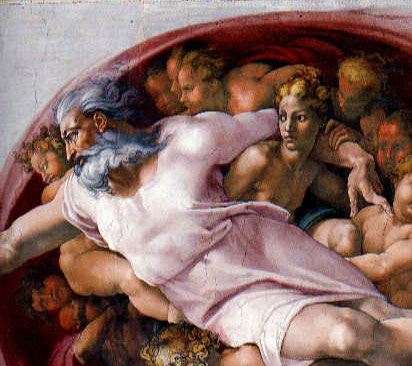what good despair?
What good are your cries when her gaze is gone?
What good a faithful heart that's been bloodied?
When heart and soul are burnt in sorrow's pain,
What good are your words that grow life again?
#639: From Rumi's Kolliyaat-e Shams-e Tabrizi
Search word: gone
My son is now on his last leg to Honolulu, due to land there in an hour. I love it that you can now track a flight on the internet, receiving regular assurance that yes, the plane did take off and yes, it is due to land. My son is just short of turning 18 and becoming an official adult, so I still feel a mother's fuss over his being alone. He will meet up with friends tomorrow but his first day will be alone and so I will watch over him in my thoughts.
I woke this morning still in a sulky mood, enjoying the peace around the early dawn chorus of the local birds, but not wanting to get up early to take advantage of the relative cool. In another hour or two it will be too hot to do anything much. I felt that, no only has my son gone but so also has my enthusiasm or motivation. The word gone searched out Rumi and found him in a much bleaker mood than usual. He keeps repeating "What good is this? What good is that?" Meaning, value, purpose, these have abandoned him. He stands here in a very lost and alienated mood, as close to despair as Rumi ever gets. He was human after all. He did, nevertheless, create this little gem out of his anguish and it was but one of many that accumulated into a grander work of love. So, despite questioning the value of comforting words in reply to raw cries of pain, he did keep moving on.
Sometimes I feel very confident, motivated, inspired, when facing my daily commentary on a Rumi quatrain. Sometimes I shy away, feeling almost sulky. I will tell myself I'm not up to the task or that Rumi just isn't worth it. It is a commitment to love that sees me through, that keeps me going in my daily discipline. Bob, in a recent comment, has raised the issue of building love rather than just falling in it. There is a very special importance to falling in love for it is as if the hand of destiny is beckoning. However, it is a wasted experience if it is not built on, pursued with a steady passion and devotion. Sometimes one must stay with the process even if it feels like we have fallen out of love, for this might simply be a test of the trueness of our faith.
Rumi's verse today tells me that despair did visit him but that he stayed true to the crazy project set for him by his own destiny. Despair and sulkiness, then, can be embraced as testing moods, to be acknowledged and respected, but not succumbed to.


 to the end of the word the "my" refers to. (This is the left hand end of the word since Persian is read from right to left.) It is clear from the above Persian script for this verse that every line has "my" at the end of it.
to the end of the word the "my" refers to. (This is the left hand end of the word since Persian is read from right to left.) It is clear from the above Persian script for this verse that every line has "my" at the end of it.










